1. The Oldest Mathematical System
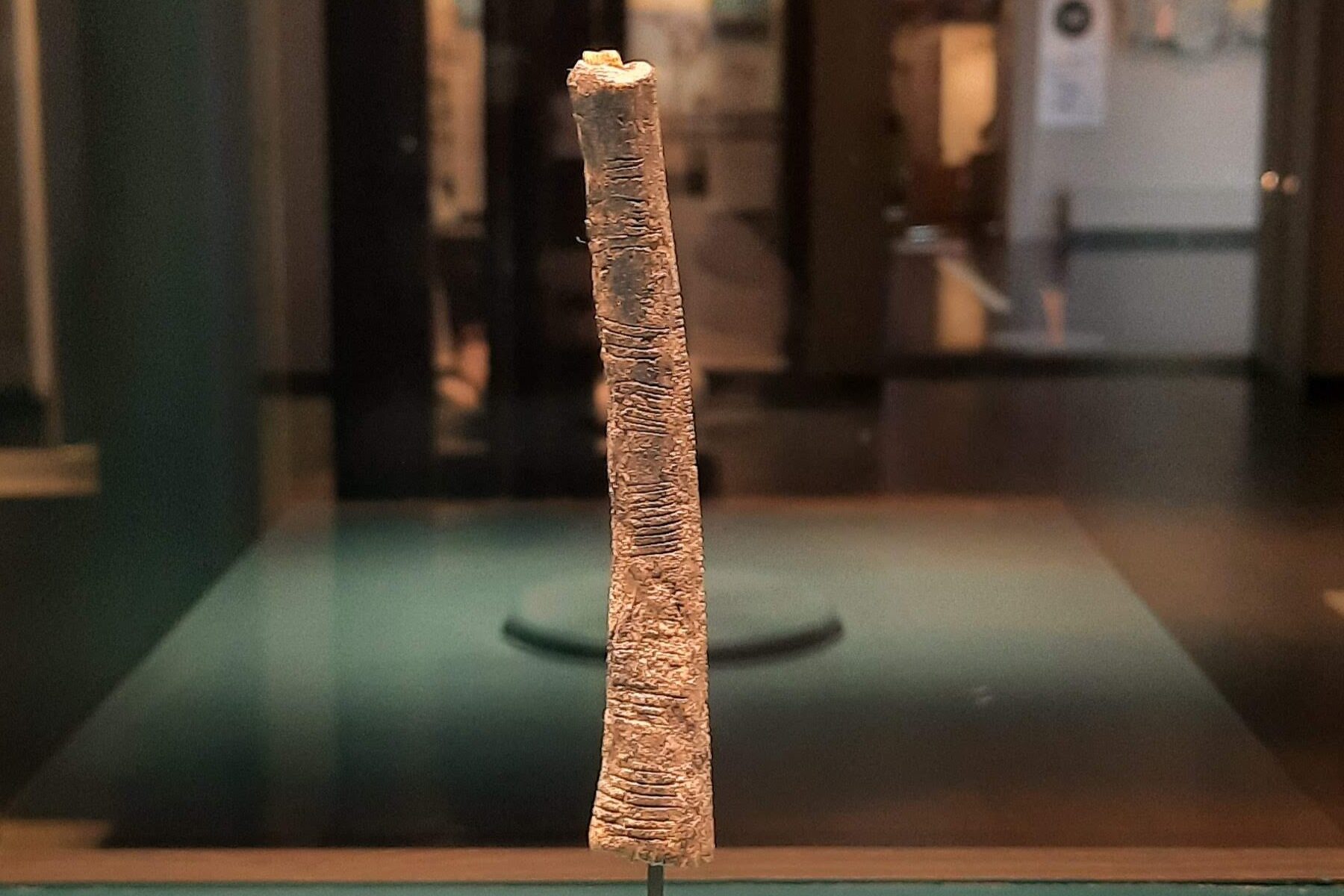
Long before the world credited the Greeks with mathematical advancements, the people of Africa were already crunching numbers. The Ishango Bone, discovered in the Congo and dated to around 20,000 years ago, is one of the oldest mathematical tools ever found. This ancient artifact features a series of carved notches that suggest an understanding of multiplication, division, and even prime numbers. It shows that early African civilizations had a complex grasp of numbers long before the so-called “birth of mathematics” in Mesopotamia or Greece says the Daily Beast.
Despite this incredible find, African contributions to mathematics are rarely acknowledged in history books. Most discussions about ancient math focus on Greek scholars like Pythagoras or Euclid, leaving out the brilliant minds of early Africa. But the Ishango Bone proves that mathematical thought was flourishing in Africa thousands of years before it appeared elsewhere. It’s a powerful reminder that history hasn’t always been told fairly added the Economist.
2. The First University in the World
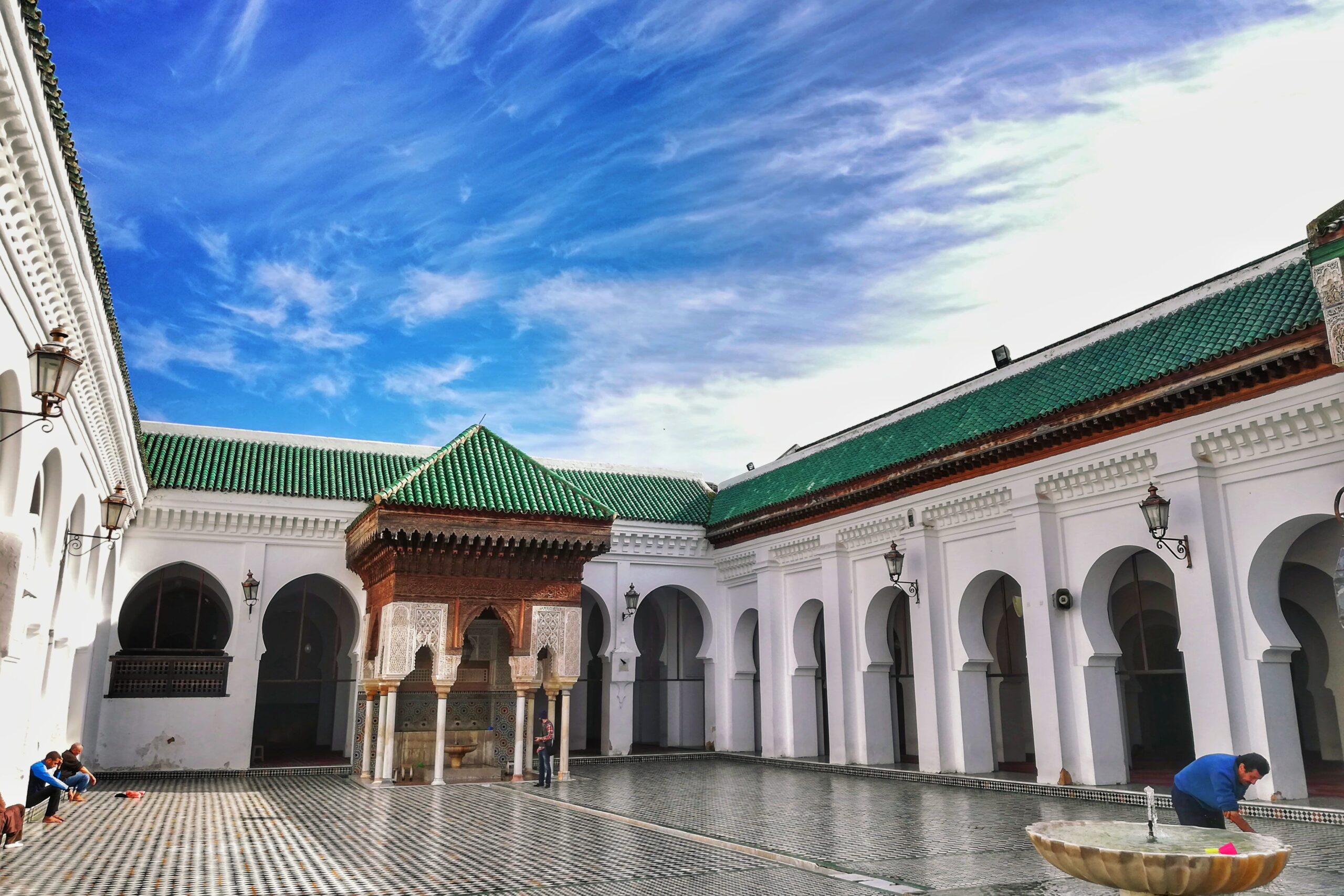
When people think of the first university, they often picture European institutions like Oxford or the Sorbonne. But the world’s oldest known university, still in operation today, is the University of al-Qarawiyyin in Morocco shares Fox News. Founded in 859 AD by a Muslim woman named Fatima al-Fihri, it was a center of learning long before the concept of a university took root elsewhere. Scholars from all over the world traveled there to study subjects like astronomy, mathematics, and philosophy.
Despite its rich history, many textbooks credit the birth of higher education to medieval Europe. The contributions of African scholars, including those who preserved Greek and Roman texts during Europe’s Dark Ages, are often overlooked. This African university played a crucial role in shaping the intellectual world, but its legacy remains largely unsung. It’s time this groundbreaking institution got the recognition it deserves says AFAR.
3. The First Surgical Procedures

Long before modern medicine, ancient African doctors were performing complex surgeries with surprising precision. In Kenya, archaeologists found a 13,000-year-old human skull with evidence of successful brain surgery, known as trepanation. The patient survived, meaning these early surgeons had an understanding of both anatomy and aftercare. Ancient Egyptian doctors, too, were performing operations, setting broken bones, and even using antiseptics.
Yet, when people discuss the history of medicine, African civilizations are rarely mentioned. Instead, figures like Hippocrates and Galen take center stage, despite coming along much later. Egyptian medical texts like the Edwin Smith Papyrus contain detailed surgical instructions that predate Greek medicine by centuries. These contributions laid the foundation for many modern medical practices, but they’ve been left out of the mainstream narrative.
4. The Concept of Monotheism
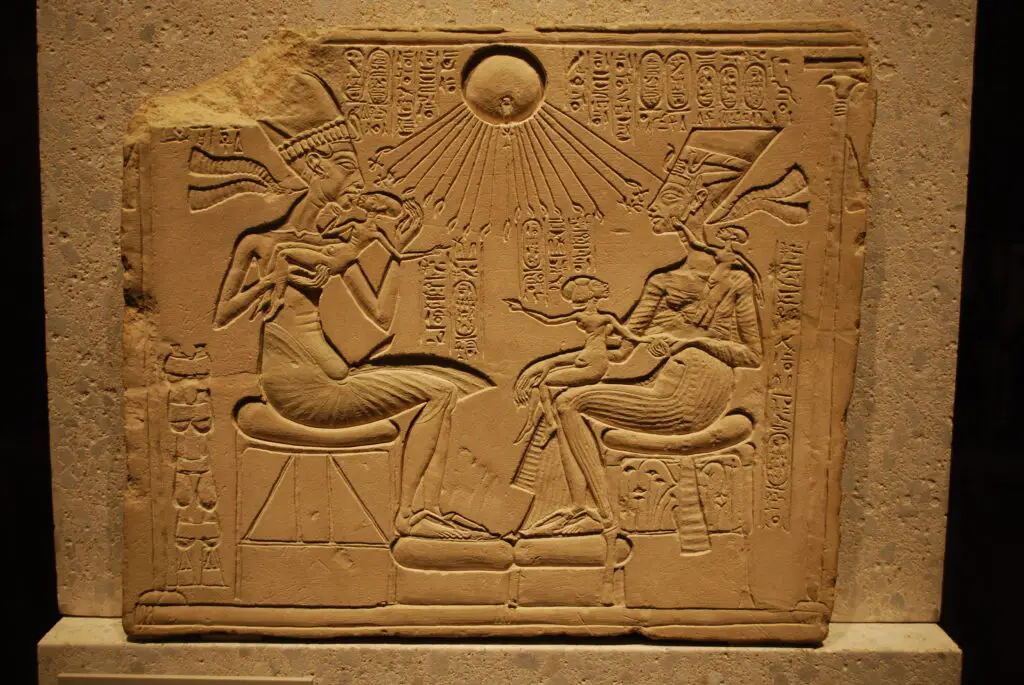
Many people assume monotheism—the belief in one god—originated with Judaism, Christianity, or Islam. But ancient African civilizations were already exploring the idea long before these religions took shape. Pharaoh Akhenaten of Egypt attempted to shift his entire kingdom to the worship of one god, Aten, around 1350 BC. This was one of the earliest known attempts to introduce monotheism on a large scale.
Despite this, Akhenaten’s religious revolution is often dismissed as an anomaly rather than an early step toward monotheistic traditions. Western history credits the Middle East as the birthplace of monotheism, ignoring Egypt’s contributions. Akhenaten’s bold experiment may not have lasted, but it planted the seeds for monotheistic thinking. His influence deserves a place in the story of religious history.
5. The Oldest Calendar System
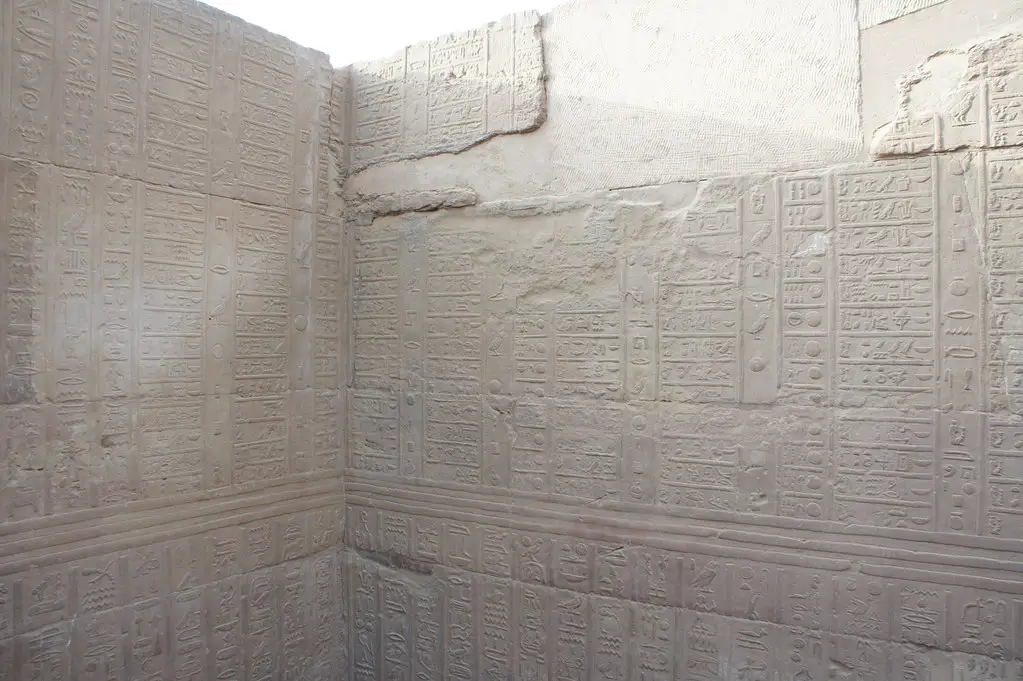
The ancient Egyptians developed one of the first 365-day calendar systems, and it’s surprisingly similar to the one we use today. They divided the year into 12 months, based on the annual flooding of the Nile, which was crucial for agriculture. This system helped them track time, plan harvests, and even mark religious festivals with remarkable accuracy. Over time, their calendar influenced later civilizations, including the Romans.
But how often do you hear Egypt mentioned when discussing the origins of the calendar? Instead, the credit often goes to European civilizations that built upon the groundwork Africa had already laid. The Egyptian calendar was so advanced that elements of it still survive in modern timekeeping. It’s yet another example of how African innovations shaped the world without getting the recognition they deserved.
6. The Mastery of Metalworking
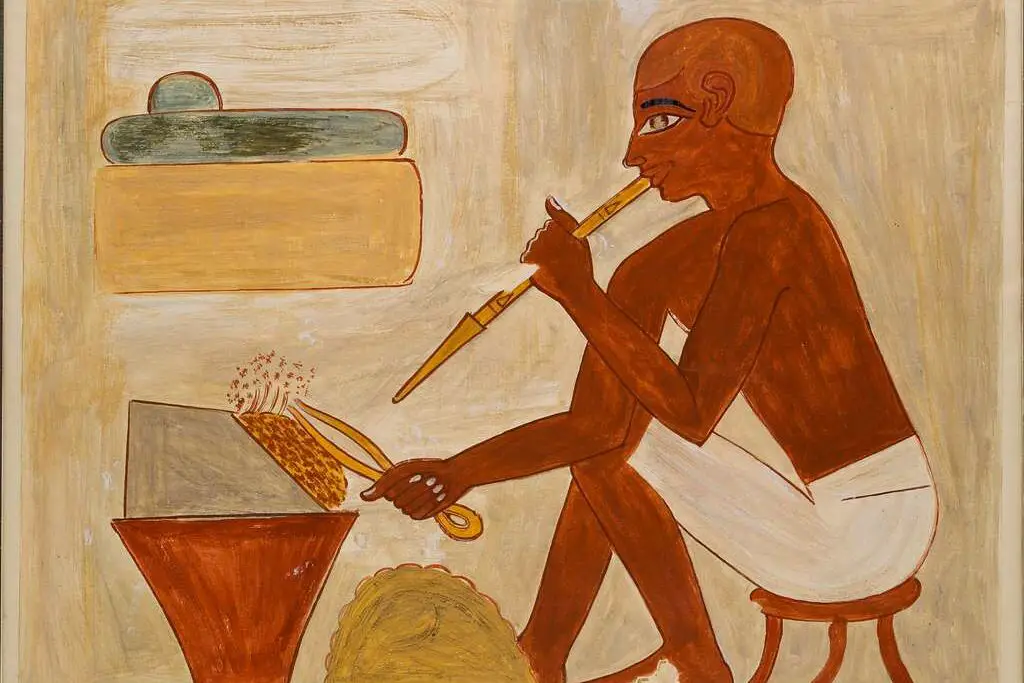
Africa was home to some of the earliest advancements in metalworking, including iron and steel production. The Nok civilization in present-day Nigeria was smelting iron as early as 1000 BC, long before Europeans mastered the technique. African blacksmiths created tools, weapons, and intricate artwork, refining techniques that would later spread to other parts of the world. They even developed steel stronger than what was produced in medieval Europe.
Yet, when people talk about the history of metallurgy, Africa is often left out of the conversation. European historians long dismissed African metalwork as primitive, despite its sophistication. The evidence proves that African civilizations were at the forefront of this technological leap. Their expertise helped shape industries that would later become global, but they rarely get credit for it.
7. The First Written Language in Africa
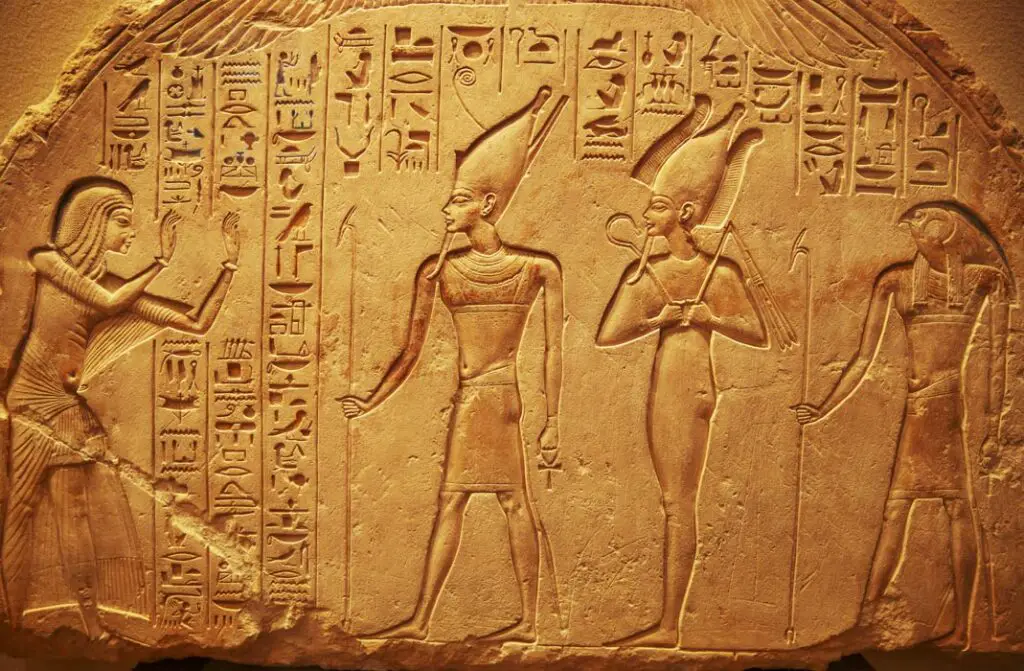
While many assume writing originated in Mesopotamia, Africa had its own ancient scripts. Egyptian hieroglyphs, dating back to at least 3300 BC, are among the oldest known writing systems in the world. But even beyond Egypt, the Meroitic script of Nubia developed independently around 300 BC, showing that African civilizations had multiple forms of written communication. These scripts recorded history, religion, and everyday life.
Despite this, the idea persists that Africa was largely oral until Europeans arrived. The truth is, African societies were writing, documenting, and preserving knowledge for thousands of years. The assumption that Africa lacked written history is just another way its contributions have been ignored. Recognizing these ancient scripts helps correct that misconception.
8. The First Planned Cities
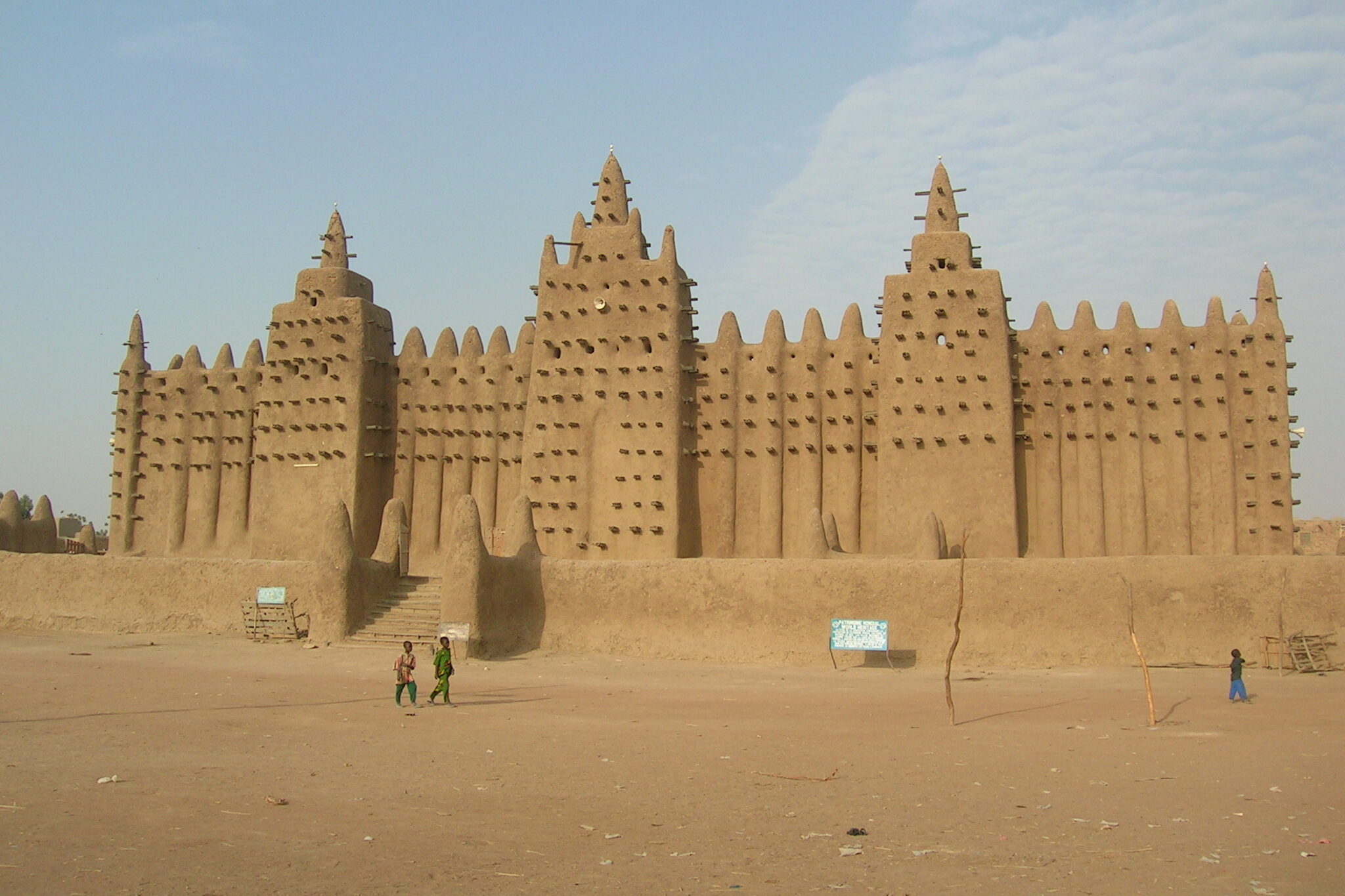
Many ancient African civilizations designed sophisticated cities with advanced infrastructure. The city of Djenné-Djenno in Mali, dating back to 250 BC, had a carefully planned layout, complete with streets, drainage systems, and multi-story buildings. Similarly, Great Zimbabwe featured towering stone structures without mortar, an architectural feat that baffled early European explorers.
Despite this, African urban planning is rarely mentioned in discussions about ancient cities. Instead, attention goes to places like Rome or Athens, even though African cities were thriving long before. These ancient metropolises prove that African civilizations were highly organized and technologically advanced. Their innovations shaped urban development long before Europe’s grand cities emerged.
9. The Art of Navigation

African civilizations were expert navigators long before European explorers set sail. The Swahili people of East Africa had advanced knowledge of ocean currents and monsoon winds, allowing them to trade across the Indian Ocean. They built sturdy dhows with lateen sails, a design that would later influence European shipbuilding. Their trade networks connected Africa, Asia, and the Middle East for centuries.
But history tends to paint African civilizations as isolated rather than as global traders. The reality is that they played a crucial role in shaping early maritime trade routes. Their ships and navigational skills helped connect the ancient world in ways that are rarely acknowledged. It’s time to recognize Africa’s contributions to exploration and seafaring.
10. The Science of Agriculture
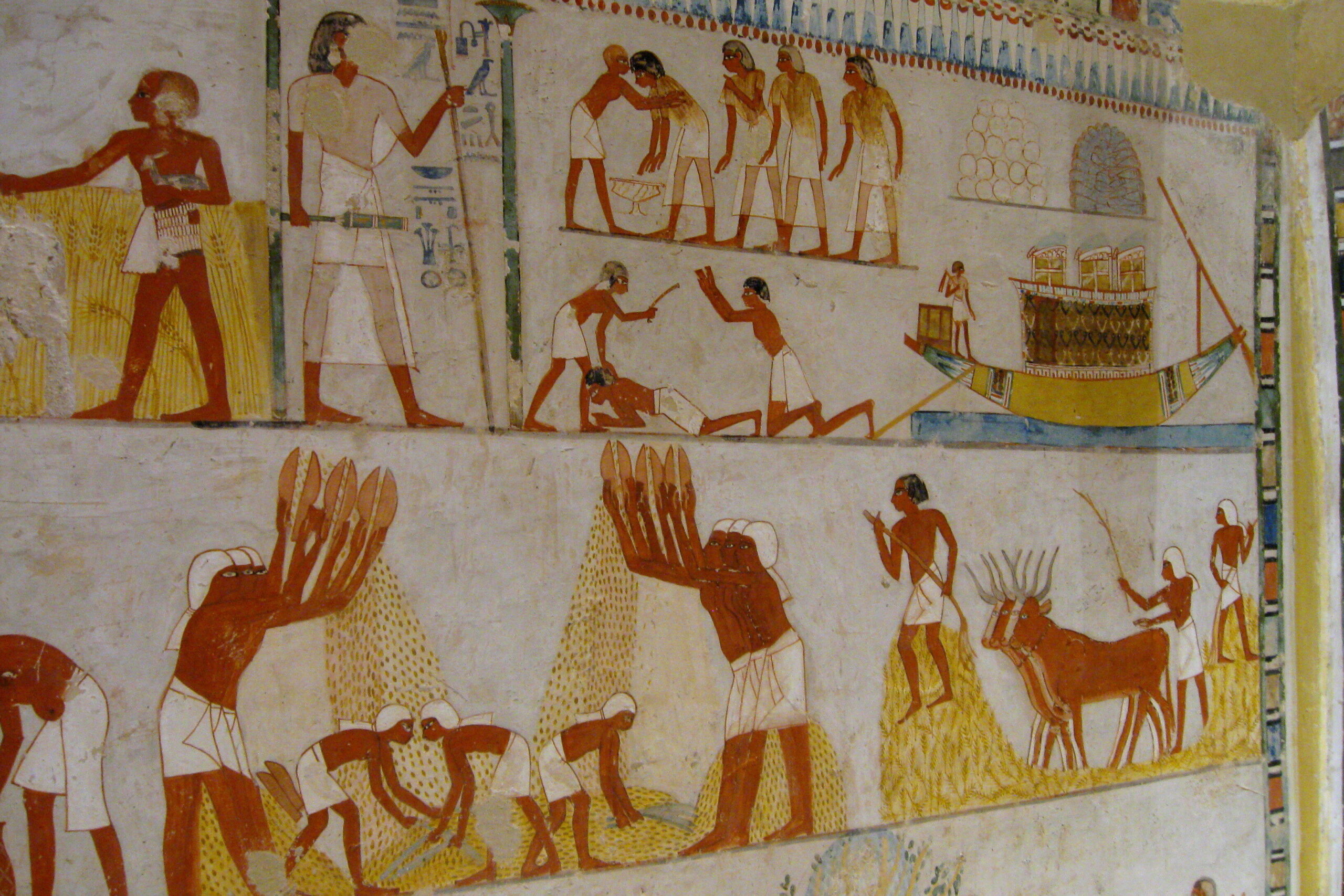
Africa gave the world many essential crops and farming techniques. The ancient Nubians developed one of the earliest irrigation systems, using the Nile’s flood patterns to cultivate crops efficiently. In West Africa, early farmers domesticated yams, millet, and sorghum—staples that still feed millions today. These innovations supported large populations and stable civilizations long before European farming methods evolved.
Yet, the image of Africa as a barren, undeveloped land has persisted for centuries. The reality is that African societies were agricultural pioneers, shaping how food was grown and harvested worldwide. Their farming techniques influenced later agricultural systems, even though they rarely get the credit. Without their innovations, global food production would look very different today.
11. The Invention of Stone Masonry

Long before Europe’s grand cathedrals and castles, African civilizations were mastering the art of stone masonry. The ancient kingdom of Aksum, in what is now Ethiopia, built towering stone obelisks over 1,700 years ago without the use of mortar. Great Zimbabwe, another incredible example, featured massive stone walls constructed with precision-fit stones that have stood for centuries. These structures were architectural marvels, displaying incredible engineering skills.
Despite this, many early European explorers dismissed these achievements, even claiming that non-Africans must have built them. The idea that Africans could have developed such advanced stonework didn’t fit the colonial narrative. But the evidence speaks for itself—these civilizations had their own architectural styles that rivaled anything seen elsewhere. Their innovations in construction influenced future builders, even if history books fail to mention them.
12. The Mastery of Textile Production
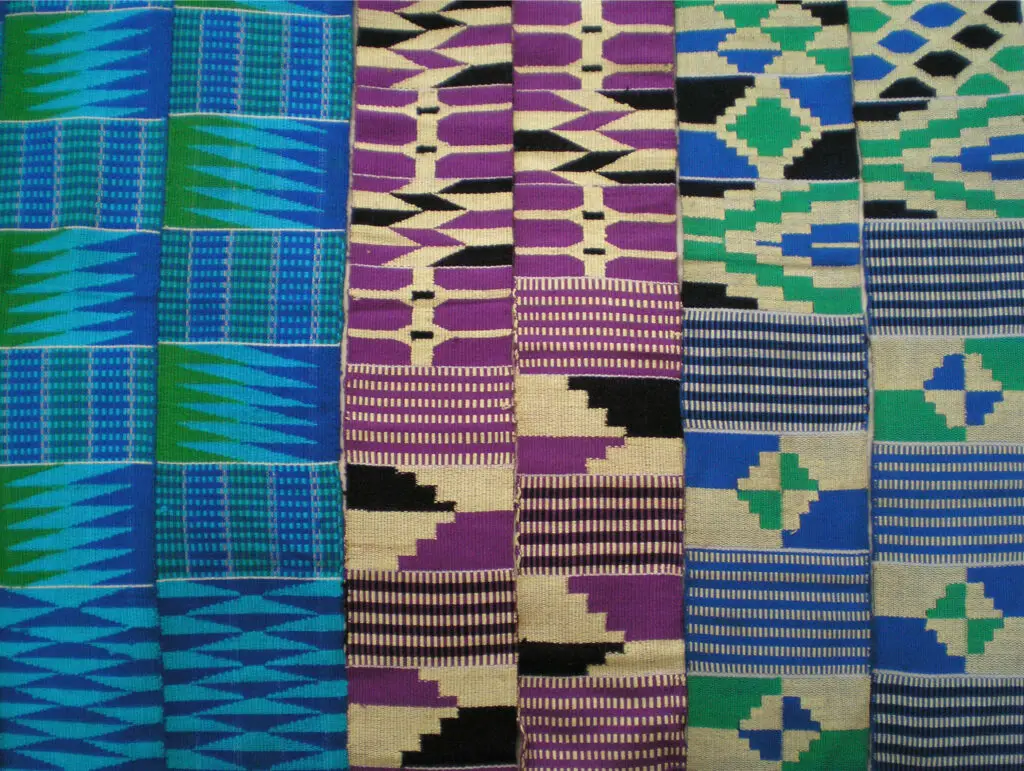
Africa was home to some of the earliest and most intricate textile-making traditions. The Kente cloth of Ghana, woven with complex patterns and deep symbolism, is one of the best-known examples. But long before that, Nubians were producing fine linen and dyed fabrics as early as 2000 BC. In Mali, the famous bogolanfini (mud cloth) technique was developed, using fermented mud to create beautiful, lasting designs on fabric.
Yet, when discussing the history of textiles, most focus is placed on European or Asian fabrics like silk and wool. African textiles not only had cultural significance but also influenced trade and fashion across the world. They were sought after along ancient trade routes, proving their global impact. These traditions continue today, showing that Africa’s influence on fabric production never truly faded—it just wasn’t properly credited.
